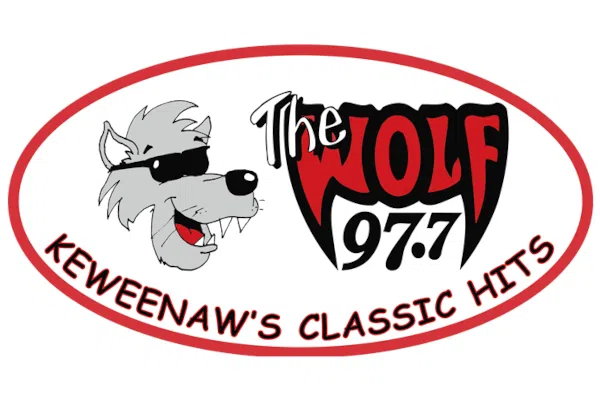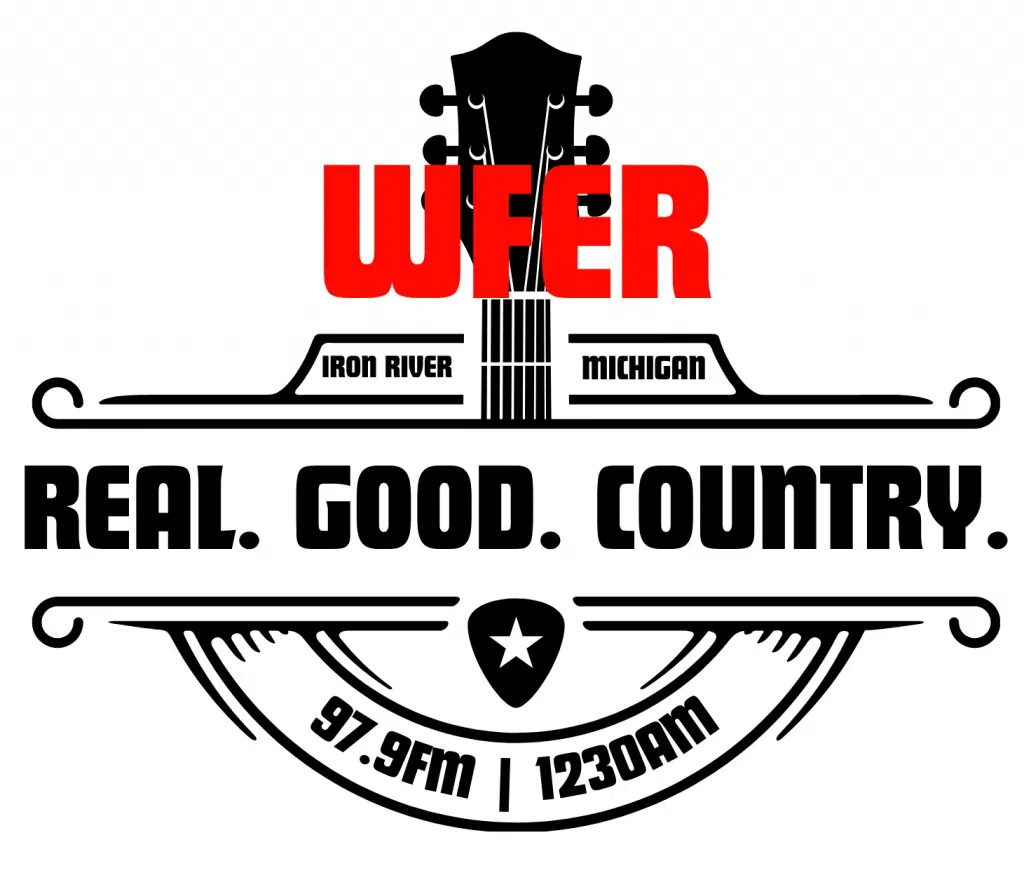
Across generations, regions, and families, language drives connections and keeps cultures alive. Martin Johnson grew up in Toivola and descended from some of the community’s first Finnish Americans to move to the area.
But then my dad was, mom and dad both were born in 1911 in Toivola. Let’s see, he worked for the Tri-Mountain Mining Company for not very long and then they moved here, but not on this farm. And the road was all different. It was the old military trail that they used from Stonington. – Martin Johnson, Toivola
Johnson adds the trail Toivola’s first Finns used crossed through, now a neighbor’s field, and connected to a Native American trail that went to Assinins. A second group to settle in the area traveled by boat.
Like other immigrant communities, early settlement in the United States had many challenges, and assimilation became crucial. Finnish immigrants to the United States faced discrimination and struggled to maintain their cultural identity. Johnson says while it was difficult to hold onto his family’s roots, as children in school, students were taught only to speak English.
We had to speak English and fortunately, my older brother, three years older than me, went to school and when he went to school he came home and taught me what he knew about English. – Martin Johnson, Toivola
While the Finnish language was judged early on, families kept the language alive. Some towns would rename their community to reflect the Finnish–American populations living there. Others would teach children. Some started businesses.
Johnson’s uncle, who served as a merchant marine and later worked as a sailor would come home and teach his younger siblings Finnish.
And he would come and go, come and go, come and go. And he said that he’s gonna teach my younger siblings, twins, boy and a girl, Finn. So he said, now, every Sunday, we’re gonna talk Finn. It lasted from nine o’clock in the morning till noon. And then he said, nope, that ain’t gonna work. – Martin Johnson, Toivola
Finnish as a language has a reputation for being difficult to learn. Especially for native English speakers. Over decades the language would take on its characteristics in the United States, developing into a dialect. Pertti Virtaranta, a Finnish linguist who taught at the University of Helsinki, studied American Finnish. His work was later used by the Migration Institute of Finland to publish the Dictionary of American Finnish in 1992.
Marja Kilpela was born in Finland and later moved to Atlantic Mine with her husband. She says they met while he was studying and working in Finland. He was fluent in the language when they met.
And he was talking about fishing in Yläjärvi, which is a translation of Lake Superior. And I thought, where in Lapland is this Yläjärvi? And he said, no, no, no, I’m talking about in Michigan. And I was in awe because he didn’t have any accent. He didn’t learn Finnish as a child, but he heard Finnish language services and he heard Finnish spoken by his parents, but he never learned the language really. But then he studied Finnish at the University of Helsinki and he had a very good ear for learning languages. So I met him there and of course, then the story continued and he came back here and I was left there and then we got married. So when it comes to the Finnish culture in our family, because he was fluent in Finnish, Finnish was our home language. – Marja Kilpelä, Atlantic Mine
As of 2020, an estimated 26,000 people in the United States keep Finnish as their home language. Accounting for less than a percentage of the country’s Finnish-American population. Most Finnish speakers in the United States are spread across Michigan and Minnesota.
Kilpelä says she tried to keep the Finnish language alive when her four boys were young. At home, she’d read to them in Finnish and call them in while playing with friends in the yard.
And then later they had to write like in summertime, write paragraphs from books and read them. And then when I went to Finland sometimes with the kids, I had them in a playground with Finnish children and they immediately tried to speak Finnish with them. So all those kinds of things strengthened it. – Marja Kilpelä, Atlantic Mine
Later, her oldest son thanked her for the lessons as a child.
He was 22 at that time. And he was able to travel independently in Finland. And that was the first time he said, thank you, mother and father, that you forced us to speak Finnish. Because it’s so fantastic to get into the culture and people’s lives when you know the language. It wasn’t only the milk and bread that people would know here, but it was that he could talk about deeper things in life. And so that was the first time. But it’s hard for children, of course, to appreciate such a thing because where do I use this Finnish? – Marja Kilpelä, Atlantic Mine
Kilpelä speaks Finnish sometimes with her grandchildren. An activity she says has become very enjoyable to see their reactions as they learn the language too.
I used to read in Finnish a lot, but then when they got older, they were like, I don’t know if I care about this so much. So my sons, sometimes they try a little bit, but. You don’t have a strong connection like we had husband and wife, both speaking Finnish. – Marja Kilpelä, Atlantic Mine
Around Hancock and the Copper Country, the Finnish language has been kept alive in some form or fashion. In the city streets throughout downtown are accompanied by a Finnish name. Restaurants, trails, towns, and points of interest throughout the region bear names in the Finnish language. Toivola means Place of Hope, and Tapiola, nearby, is named for the forest god Tapio included in the Kaleva. In the region, there are even Finnish language programs that help first-time speakers learn, or residents reconnect with their heritage.
Learn about Finnish language programming with the Finnish American Folk School here. From June 20th to 22nd Hancock will celebrate Finnish heritage with Visit Keweenaw and Long Drink at Juhannus. Throughout the weekend the community will embrace the community’s Finnish roots. Learn more about Juhannus here.







Comments